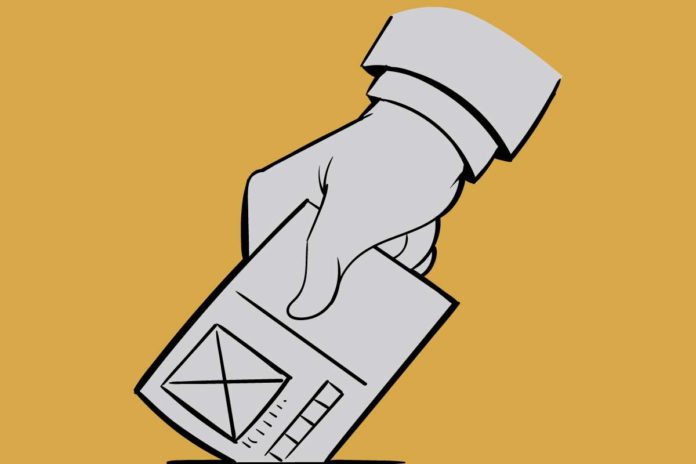Florida’s 67 supervisors of elections, including Monroe County’s Joyce Griffin, objected to SB 90 before it passed and signed into law by Gov. Ron Desantis. Immediately after, supervisors from all Florida counties convened in Tampa this past week to raise questions not only about implementing the law, but how to implement it, given that there are four separate legal challenges. Griffin was present.
Broadly speaking, she said, the changes don’t make sense.
“These changes are being suggested by people who have run for office, but never run an election. They may perceive there’s a problem, but there’s not,” Griffin said. “Listen, people are angry with Georgia and other states, but they are not angry at Florida. If it’s not broke, don’t fix it.”
Griffin said former President Donald Trump praised the state’s election process after the general election and said that all states should follow Florida’s lead.
“Governor Ron DeSantis said after the general election in November, look at us; we did it right,” she said. “So now the election law is being changed and it just doesn’t make sense.”
Much of the new law pertains to registering voters; how the volunteers need to communicate the process and when they need to deliver the voter registrations to the office. In other words they must not promise a guaranteed voter registration, then not deliver by deadline, and sow confusion and distrust among voters. There are also criminal penalties for election officers — $25,000, for example, for leaving a vote drop box unattended.
Here are a few of the changes to the election law that are currently proposed. However, the legislation is facing legal challenges and Griffin said many procedures won’t be set in stone until the cases are heard.
Both the cities of Marathon and Layton have elections scheduled for November 2021.
- New law: Limits the use of drop boxes to early voting hours; i.e. 8:30 a.m. to 5 p.m. on the prescribed days of early voting.
- Previously: In some counties using drop boxes, voters could cast a ballot 24 hours a day. Some boxes had video surveillance; others were watched by law enforcement.
- What it means for the Keys: No change. Last year, Monroe County had wheeled boxes that were moved just outside the three election offices at the beginning of the work day, and brought in before the close of business. The boxes were located at all three offices, plus two early-voting locations.
- New law: Requires voting drop boxes be monitored in person.
- Previously: In Florida, every supervisor of elections handled it differently. Some had workers watching the boxes, others used video surveillance, and some even hired law enforcement to watch the boxes around the clock.
- What it means for the Keys: No change. Employees of the supervisor of elections office monitored the boxes that were only available during business hours in 2020.
- New law: Requires voters to annually renew their request for vote-by-mail ballots and provide more identification information like the last four digits of a social security number or a driver’s license number to get one. (Voters who have already requested absentee ballots for 2022 are grandfathered under the old law.)
- Previously: Voters requested and received vote-by-mail ballots to cover two general election cycles, or four years. In order to receive a vote-by-mail ballot, voters answered questions about previous addresses and requests.
- What it means for the Keys: Because voters must renew vote-by-mail ballot requests every year, instead of every four years, it will increase labor and mailing costs for the elections office.
- New law: Limits the number of ballots individuals can possess to turn in to the supervisor of elections office to two ballots per election, plus his or her own, plus those belonging to an immediate family member — wife, husband, sister, brother, child, grandchild, grandparent.
- Previously: Individuals could drop off any number of vote-by-mail ballots.
- What it means for the Keys: Generally, there are not mass drops of ballots in the Keys. However, the new law doesn’t specify how to identify a family member. For example, how do you prove a sibling’s relationship if they have a different, married surname?


























